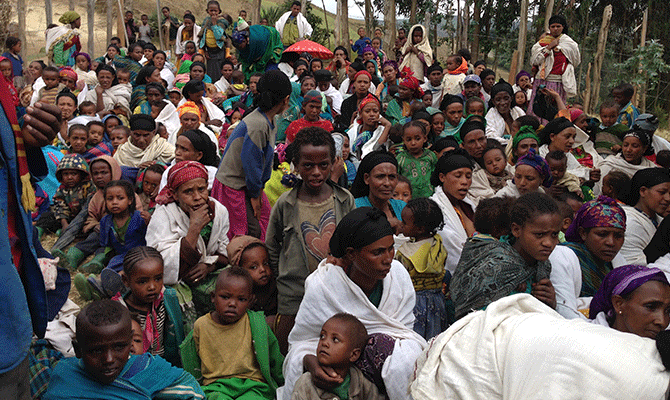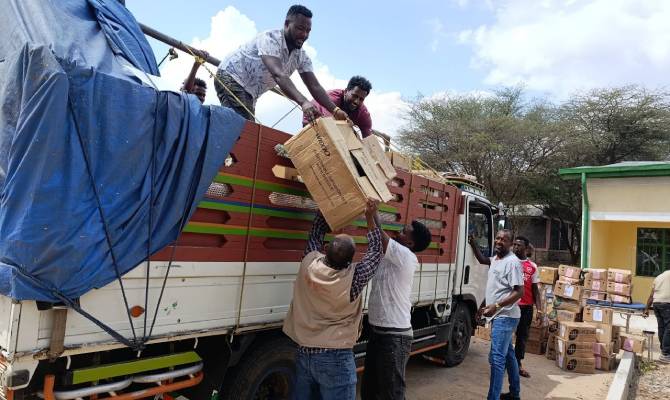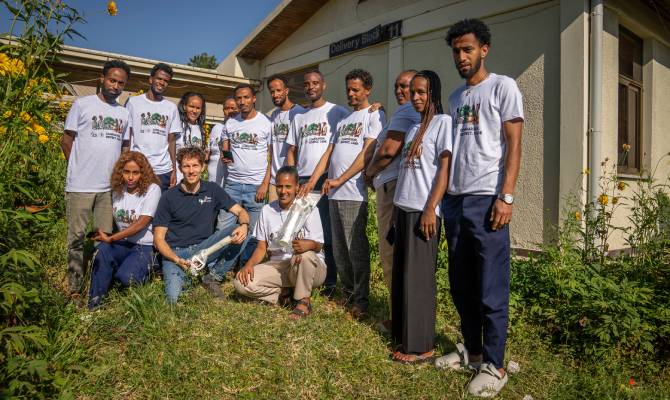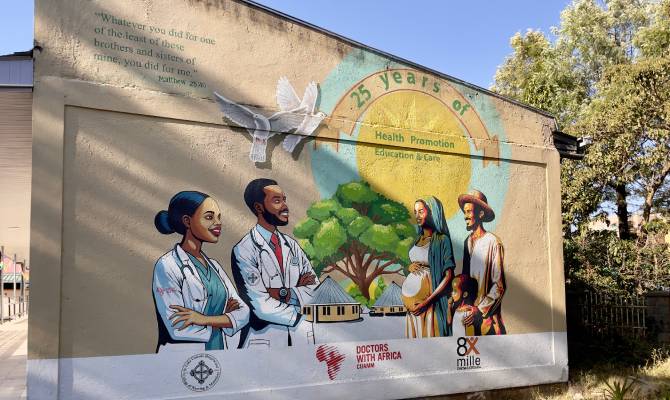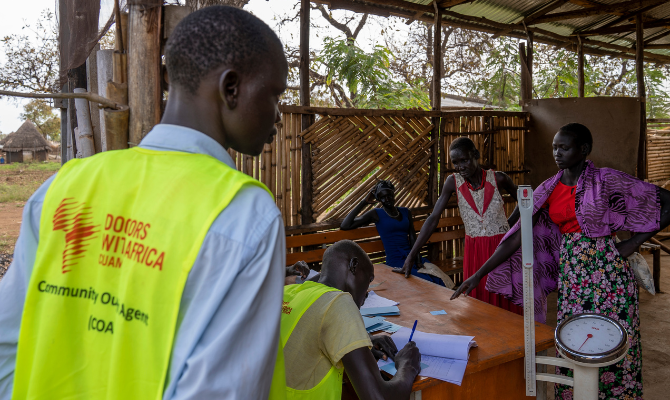This last weekend there were violent clashes and intense protests in Ethiopia. Unfortunately, the results are an estimate of about 100 dead. CUAMM will keep working for the health of the people of Ethiopia despite the difficulty.
Ethiopia. A weekend of protests and demonstrations degenerated into violent clashes between the police and protesters. According to official counts, about a hundred people have died. This was reported in major national and international papers after Amnesty International first sounded the alarm. This took place last weekend. The protests were most intense in the regions of Oromia and Amhara, as well as in the capital Addis Ababa.
There were numerous reasons for the protests. Of a population of about 100 million, the Oromo are 34% and the Amharic are 27%. The more populous groups are therefore in conflict with the minority, which is governing (the Tigray, which are 6.1%). They want more rights and power. However, there is more to it. Poverty, lack of work, major inequalities and injustices, and failure to adequately meet the needs of the majority of the population are some of the other reasons behind the protests, whose effects reverberated in Wolisso as well, in the Oromia Region. In St. Luke Hospital — where Doctors with Africa CUAMM has worked since 2001 and now has six doctors — we treated several gunshot wounds.
They reassured us, “The situation is under control and is not especially alarming. Of course, expatriates like us were advised to stay in the hospital compound and avoid crowded areas.”
News was delayed because the internet was down last weekend and it was very difficult to communicate externally. The hope is that dialogue and common sense will prevail.
Doctors with Africa CUAMM continues its efforts in the hospital and the health centers in the area to serve the poorest parts of the population because it is only by improving the living conditions and health of the people that we can lay the foundations for sustainable balance.

